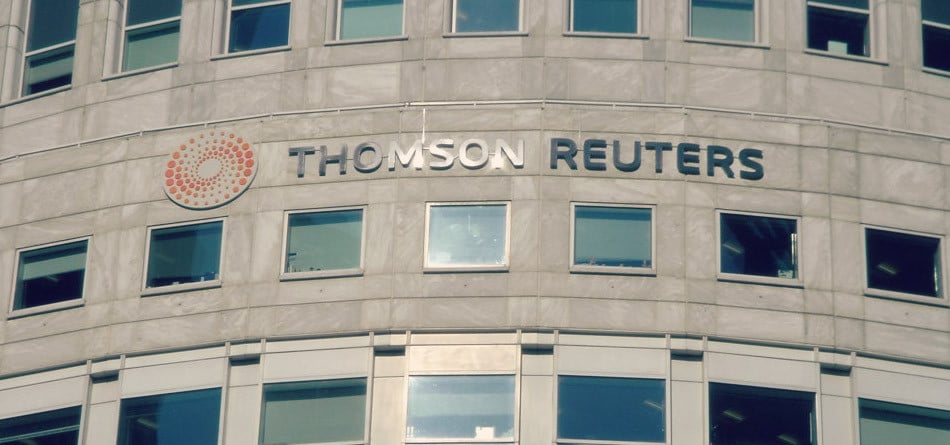Thomson Reuters is providing access to deeper commodity markets liquidity through an agreement with CME Group.
Thomson Reuters Eikon customers registered to trade on CME Group markets can access CME Direct, a front-end trading platform for CME Group’s commodity futures, options and OTC markets. The agreement provides commodities professionals with access to CME Direct’s electronic execution capabilities alongside the news, charting and analysis tools available in Thomson Reuters Eikon.
“With CME Direct now integrated into Thomson Reuters Eikon, customers benefit from improved workflow,” Leigh Henson, global head of energy, Financial & Risk at Thomson Reuters, told Markets Media. “Order entry in CME Direct can now be invoked from Eikon, while the detailed news, charts and analytics in Eikon can be invoked from CME Direct. This means that customers can develop, execute and manage their trades more simply and efficiently whilst reaching a deep level of liquidity.”
Covering CME Group’s suite of futures, options and OTC markets for energy, metals and agriculture, the agreement will improve the ease with which Eikon and CME Direct clients can research, enter and manage trades, the companies said. Asset classes covered include CME Group’s NYMEX energy, COMEX metals and CBOT agricultural commodity markets.
This agreement also continues to expand the commodity markets liquidity that Thomson Reuters offers its customers, and complements an earlier agreement with CQG which added connections to 65 Futures Commission Merchants.
“We are extremely pleased to collaborate with Thomson Reuters, enabling our common customers to access our comprehensive suite of commodity markets via CME Direct along with the powerful news and analytics tools of Eikon,” said Michel Everaert, managing director for OTC Solutions at CME Group, in a release. “This agreement offers our customers a powerful trading tool in a fast-moving industry environment.”
With the regulatory climate encouraging a trend towards exchange trading of derivatives, financial markets participants are increasingly looking for a straightforward way to analyze and trade commodities. “Regulations being brought in under Dodd-Frank are introducing higher costs and reporting requirements for OTC markets, and as a result are creating a trend for participants to report trades as block futures instead of swaps,” said Henson.
Liquidity in commodities markets has grown over the last few years and in particular the turnover of exchange-traded futures and open interest have both risen as a result of regulatory change, said Henson. “Commodities markets participants now face the challenge of adapting their trading strategies to suit this new environment,” he said.
Featured image via Flickr/Solvency Ii Wire














